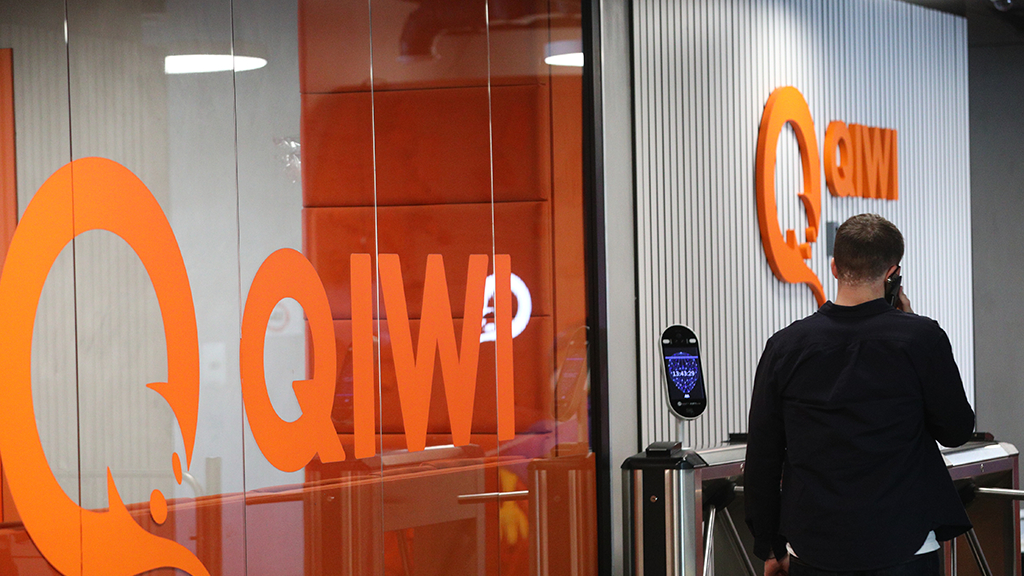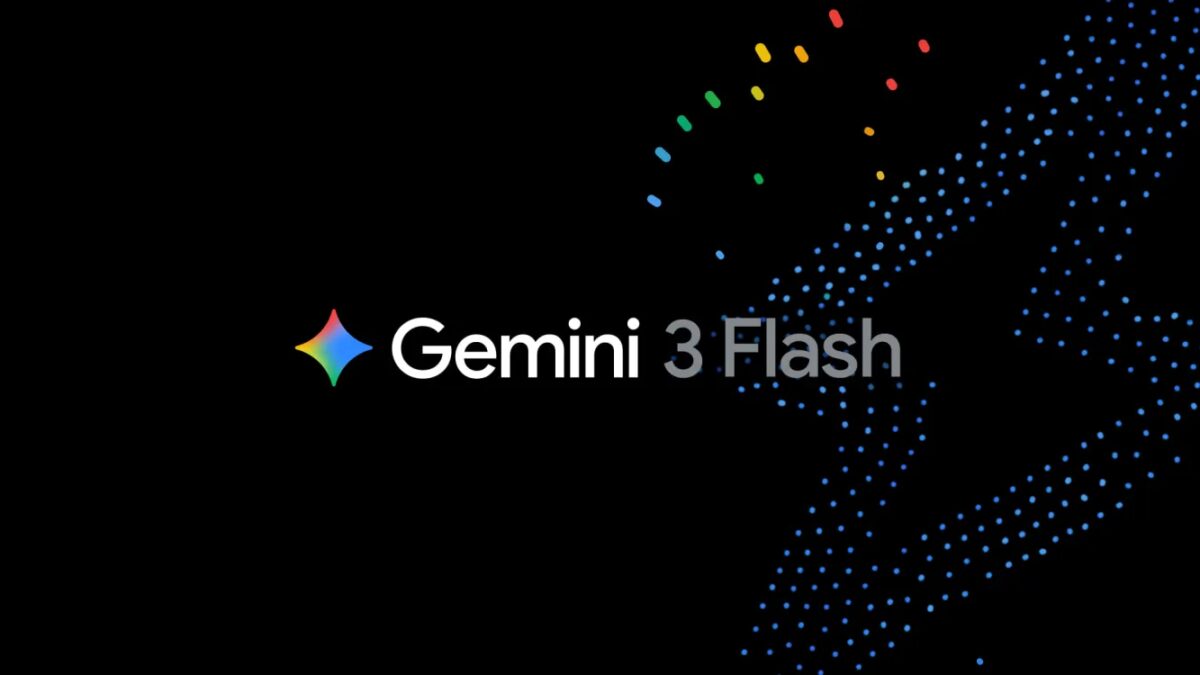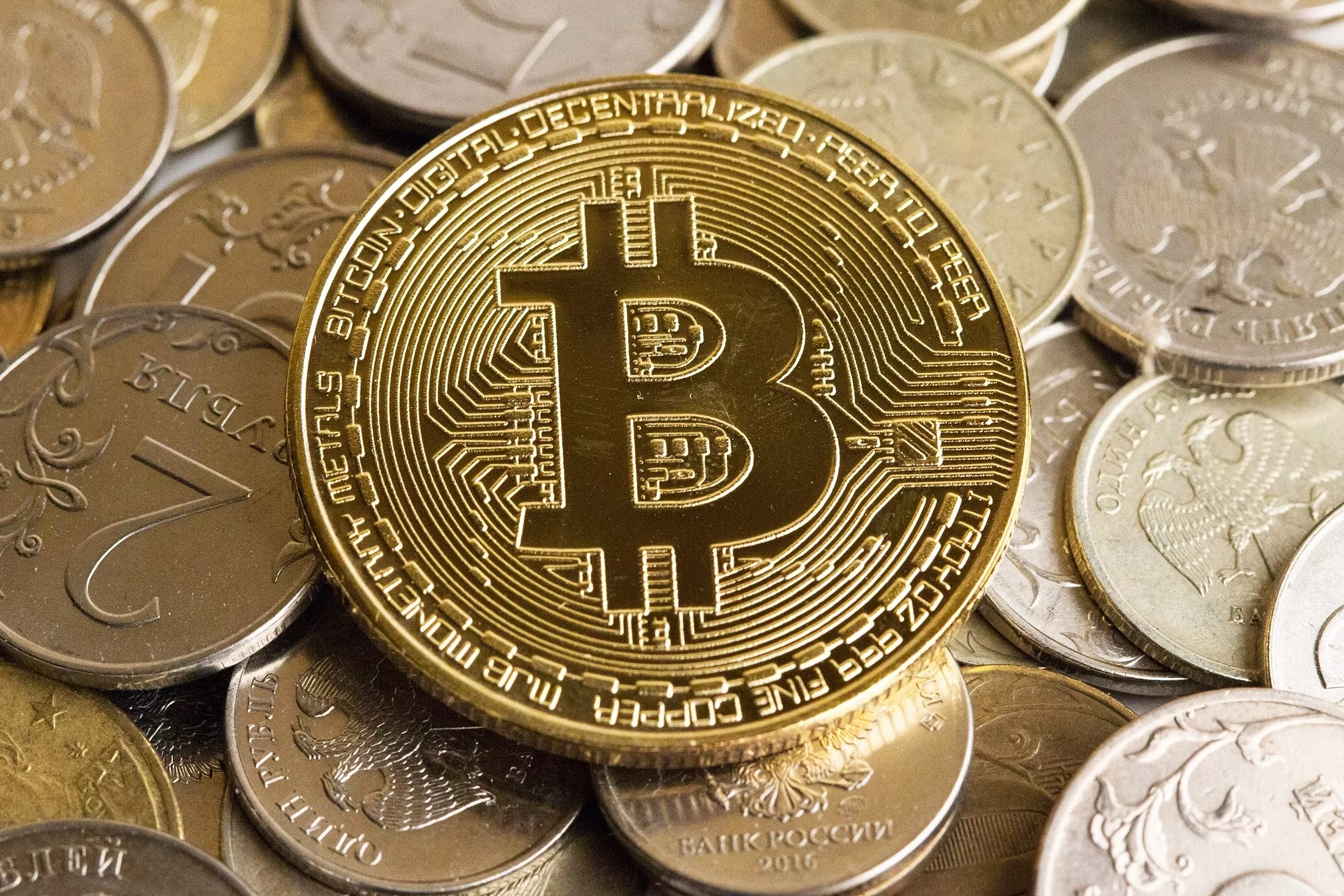Bitcoin ETF has received approval from the U.S. Securities and Exchange Commission (SEC)

This comes just one day after false reports surfaced that the permit had already been obtained.
The U.S. Securities and Exchange Commission (SEC) has actually approved bitcoin exchange-traded funds (ETFs), less than 24 hours after false reports that it had already done so. It’s been a big week for cryptocurrency fans.
On Wednesday, SEC Chairman Gary Genser announced on the agency’s official website the approval of bitcoin ETFs. ETFs are sets of different securities that can be traded on the stock market in a single lot, diversifying your investments to minimize risk. Investors will now be able to purchase ETFs that include bitcoin, allowing them to invest in the cryptocurrency without having to buy it directly.
An ETF that includes bitcoin is now available to investors.
It should be noted that these are spot ETFs that actually hold bitcoin, as opposed to futures ETFs that track bitcoin prices through futures contracts. However, this SEC approval does not mean that the floodgates are now open for all cryptocurrencies in the stock market. Only 11 specific bitcoin ETFs have been approved, including iShares Bitcoin Trust and BlackRock’s Grayscale Bitcoin Trust.
At the time, only 11 specific bitcoin ETFs have been approved.
«It is important to note that today’s Commission action concerns [exchange-traded products] containing a single commodity that is not a security, —bitcoin» —Genser said. «This should in no way imply that the commission is ready to adopt listing standards for cryptoasset securities».
And that should not mean that the Commission is ready to adopt listing standards for cryptoasset securities.
Wednesday’s news — a significant step forward for crypto-enthusiasts who had hoped the SEC’s approval would help legitimize cryptocurrency and attract new investors.
While Bitcoin ETFs have been approved, however, Genser emphasized that this doesn’t mean the SEC approves of the cryptocurrency. In fact, he seemed wary of bitcoin, saying that while other assets such as metals have clear consumer and industrial uses, «bitcoin, by contrast, is a primarily speculative, volatile asset that is also used for illegal activities, including ransomware, money laundering, sanctions evasion and terrorist financing»”
At the same time, bitcoin has a clear consumer and industrial purpose.
.
Henser also said the SEC does not evaluate the merits of the assets included in ETFs and is simply required to approve applications as long as they comply with relevant laws and agency rules.








